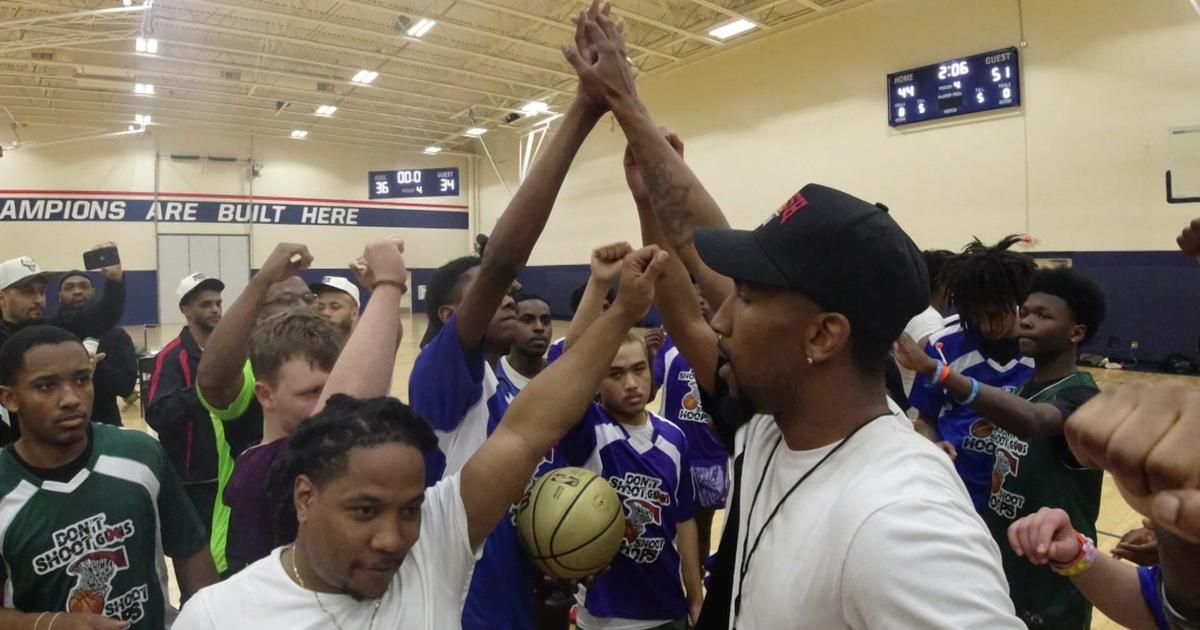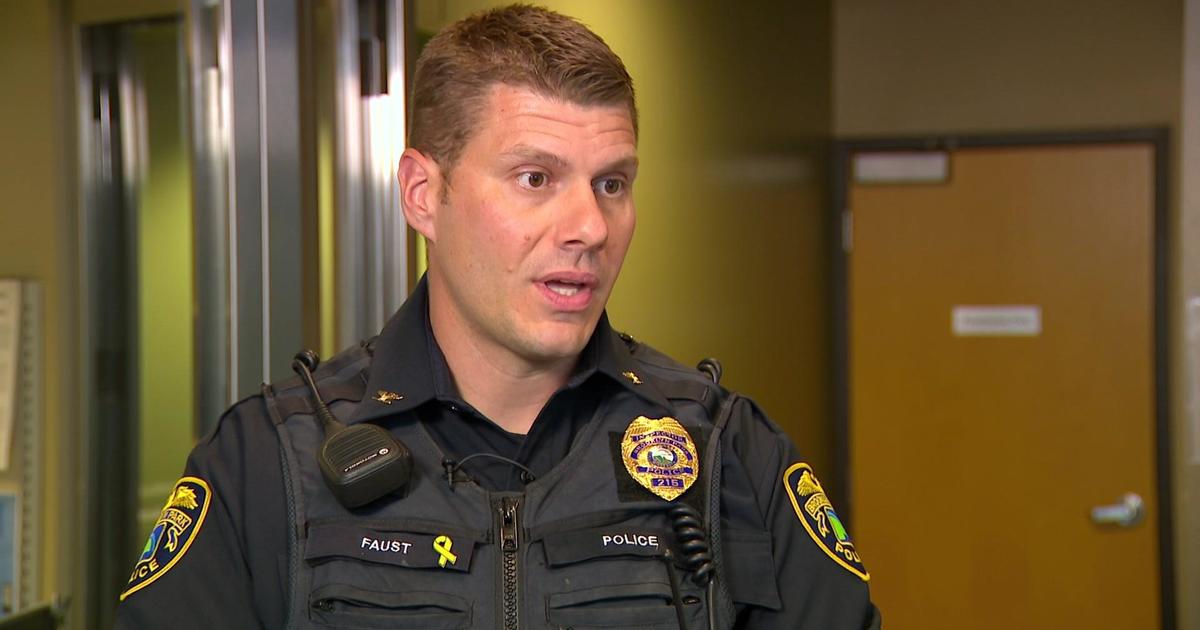WCCO's Bill Hudson Talks About Recovering From Concussion
MINNEAPOLIS (WCCO) -- Concussions are serious. And they can happen anytime to anyone at any age, just as it did with WCCO's Bill Hudson.
The veteran reporter you see on air every afternoon was out of work for three weeks. And for the nearly 60-year-old man, his road to recovery has been slower than he'd like, at times downright frustrating. He is now back at work, but he's not back to himself just yet.
On the ice is a place Hudson is at ease.
"I started on figure skates, then graduated to hockey skates and started playing hockey probably in elementary school," Hudson said.
He skated in ice shows with his daughters, and later as part of Team Minnesota.
"You have this confidence in your ability to stay on the ice, stay on your feet," Hudson said.
More recently, he went for a skate on a rink in his brother's backyard. A new pair of lighter, faster, unfamiliar skates surprised him as he stepped on the ice.
"I remember taking a puck out of the net, taking a slap shot from center ice towards the net, and falling over backward. And I remember I hit really hard," Hudson said.
He lost consciousness. He was rushed to the emergency room, where a doctor told him he suffered a concussion, his fourth.
"You hear that repetitive concussions, they're cumulative, they build. And I wonder if that didn't have something to do with the severity of this one. It was much more severe than any of the previous concussions," Hudson said.
He experienced sensitivity to light. He couldn't look at the computer or his phone. He was nauseous. His balance was off. Still, he expected to bounce back.
"I remember emailing our news director and assistant news director saying 'I'll see you in a few days,' never thinking it could be three weeks before I could be back to work, be myself," Hudson said.
Progress came when he saw a concussion specialist, TRIA neuropsychologist Dr. Aimee Custer.
"It's a very scary injury. It's an invisible injury. People can't see it. Oftentimes people look normal and symptoms wax and wane throughout the day," she said.
Custer said children and older individuals are more susceptible to a prolonged recovery. Some people can recover with rest. Others, like Hudson, require more time, patience, and outside help to get back on track.
"He fell back and hit the back portion of his head, and we often call that the 'money shot,' not because it's a good thing, but we've got a lot of systems in our brain that function back there for how we coordinate our eyes, how we coordinate space and movement and motion," Custer said.
Custer works in coordination with therapists, to restore balance and eye movement, and to eliminate symptoms like dizziness, imbalance and nausea.
"I really feel as though I'm making progress. But once they started stepping it up a little bit and really pushing me to force a little harder, to do it a little quicker, to do it a little faster, that's when it starts to get to you. And you feel nauseous and you feel light headed and dizzy and you know that you're not back to normal yet," Hudson said.
Doctors cleared Hudson to return to work three weeks after his concussion.
"To be able to go out and actually do something, produce a story, was wonderful. I got a story on the air that first Friday I came back," Hudson said.
The veteran reporter has been back at WCCO for two weeks now. Some days there are set backs, when he stares at the computer screen too long. But he's getting there.
At home, he continues his therapy daily with the help of his wife. More than anything, he wants to feel like himself again. Doing the things he enjoys.
"I want people to know how quickly this happens and it can change your life like that, and how frustratingly difficult it is to bounce back to feel normal again," Hudson said.
Hudson will likely continue physical therapy through the beginning of April. Doctors said he should be back to himself and feeling really good in another three weeks. And he will be able to get back on the ice, from now on, always wearing a helmet.



